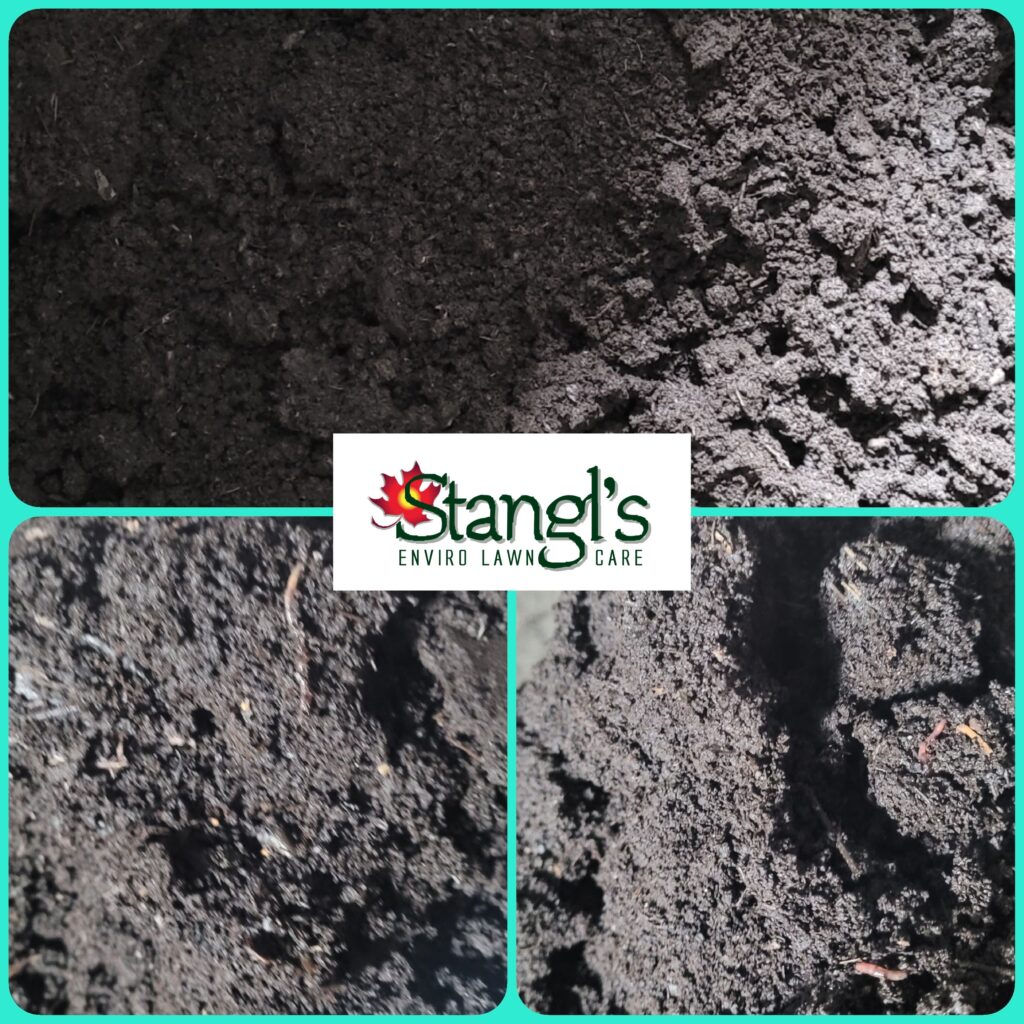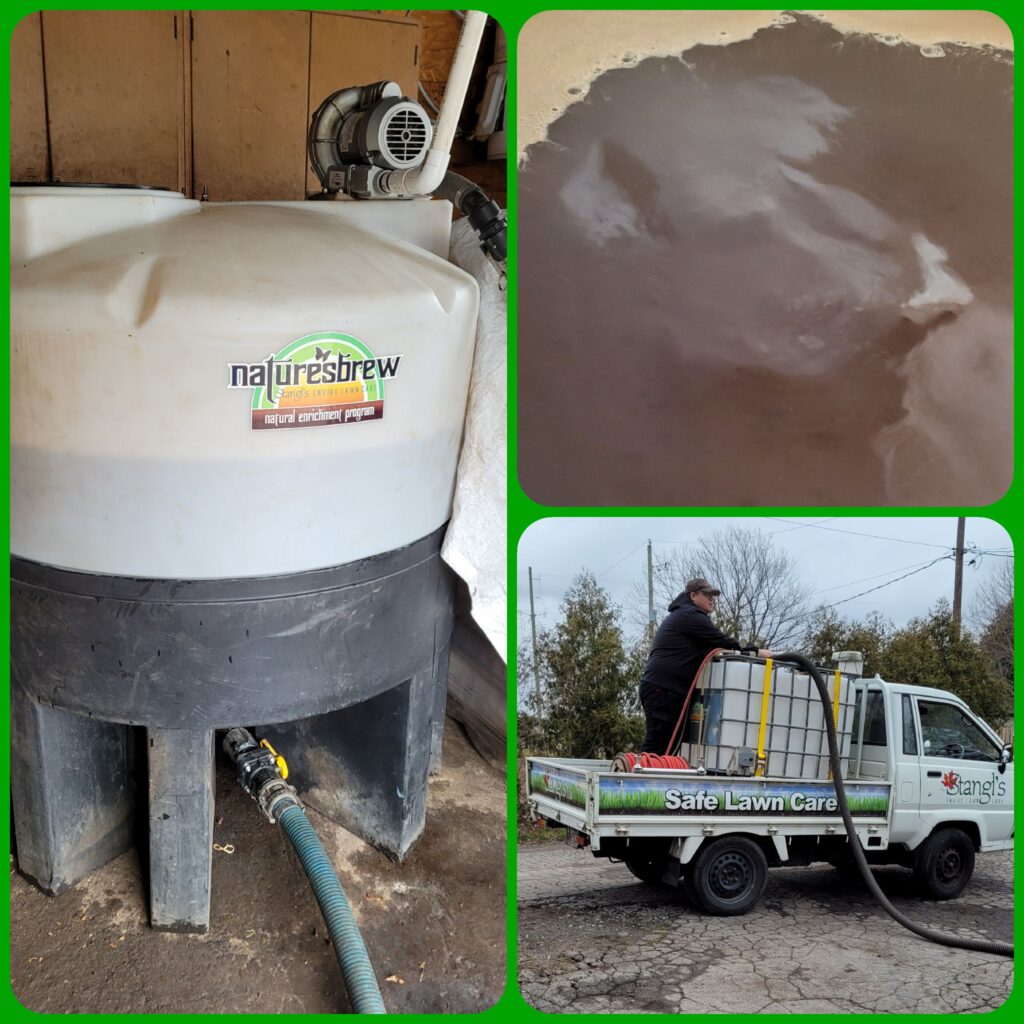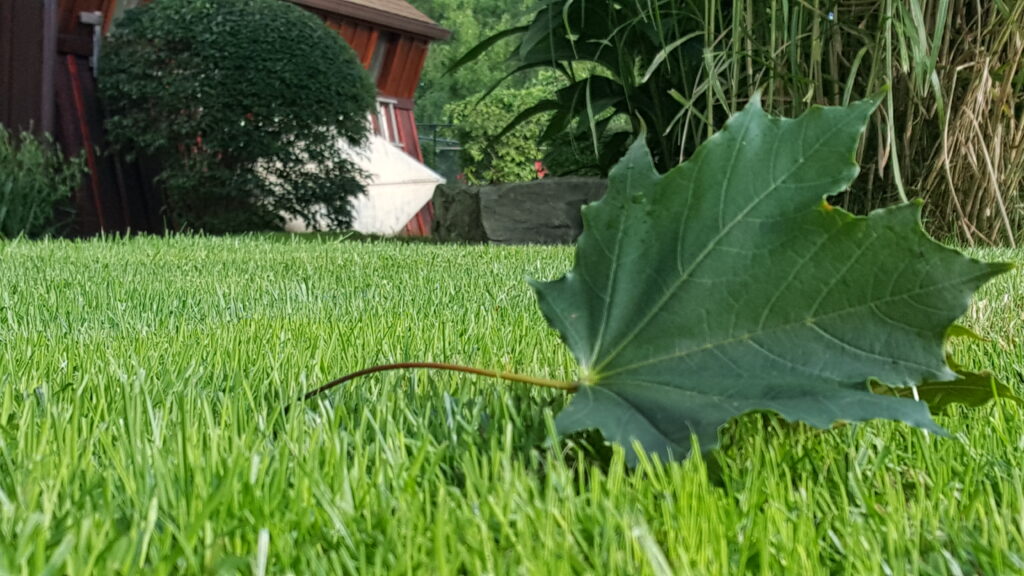From the BECROP report:

- Total Microbial Diversity: 636 bacterial species (pages 6–15) and a fungal-to-bacterial ratio of 5.8 (page 1), indicating strong fungal presence.
- Key Bacteria:
- Pseudomonas fluorescens (2.45e+5 copies, page 6): Siderophore production, pathogen suppression.
- Bacillus subtilis (2.12e+5 copies, page 7): Gibberellin production, disease resistance.
- Rhizobium etii (4.31e+5 copies, page 14): Nitrogen fixation.
- Nocardia farcinica (9.99e+5 copies, page 14): High abundance, supports soil health.
- Key Fungi:
- Trichoderma (12,494 copies, page 19; T. polysporum at 484,848 copies, page 20): Biocontrol, growth promotion.
- Aspergillus fumigatus (25M copies, page 20): Organic matter decomposition.
- Penicillium brevicompactum (31,488 copies, page 19): Antibiotic production, pathogen defense.
- Functional Roles (page 1):
- Biocontrol: 76% fungicide, 17% bactericide, 12% insecticide.
- Hormone Production: 41% auxin, 36% gibberellin, 4% cytokinin.
- Stress Adaptation: 52% exopolysaccharide, 17% siderophores.
- Nutritional Support: 73% carbon fixation, 19% P solubilization, 81% N competition, 70% K competition.
Comparison to Alternatives
1. Nature’s Brew vs. Bug in a Jug

- What is Bug in a Jug? Bug in a Jug is a microbial inoculant, often a liquid product containing specific bacteria (e.g., Bacillus, Pseudomonas) designed to enhance soil health and plant growth. It’s typically marketed for lawns and gardens but lacks the broad diversity of a compost like Nature’s Brew.
- Nature’s Brew Advantage:
- Diversity: Nature’s Brew has 636 bacterial species and a 5.8 fungal-to-bacterial ratio, far exceeding the limited microbial strains in Bug in a Jug (often 5–10 species). This diversity ensures broader soil health benefits, as varied microbes tackle multiple roles (e.g., Trichoderma for biocontrol, Rhizobium for N-fixation).
- Fungal Power: Bug in a Jug often lacks significant fungal content, focusing on bacteria. Nature’s Brew’s high fungal presence (Aspergillus, Penicillium, Trichoderma) supports long-term soil structure and pathogen suppression (76% fungicide activity).
- Nutrient Cycling: Nature’s Brew excels in carbon fixation (73%) and P solubilization (19%), ensuring sustained nutrient availability, while Bug in a Jug may require frequent reapplication due to its liquid form.
- Application Ease: Nature’s Brew can be applied as a solid amendment or brewed into a tea, offering versatility. Bug in a Jug, being liquid, may wash away faster in heavy rain, reducing efficacy.
2. Nature’s Brew vs. Worm Castings Alone
- What are Worm Castings? Worm castings (vermicompost) are nutrient-rich worm excrement, often praised for their microbial activity and slow-release nutrients. However, their composition depends heavily on the worms’ diet.
- Nature’s Brew Advantage:
- Microbial Diversity: Worm castings typically have fewer species than Nature’s Brew’s 636 bacteria and diverse fungi. Castings are bacterial-dominant unless specifically managed for fungal growth. Nature’s Brew’s 5.8 fungal ratio ensures better soil structure and disease suppression.
- Functional Roles: Nature’s Brew offers 76% fungicide activity and 52% exopolysaccharide production, which worm castings may not match unless the worms are fed high-quality, diverse inputs like malted barley. Castings alone often lack the high N-fixation (81% in Nature’s Brew) seen with Rhizobium.
- Hormone Production: Nature’s Brew has 41% auxin and 36% gibberellin production, promoting vigorous growth, whereas worm castings’ hormone levels vary widely based on diet.
- Volume and Cost-Effectiveness: Worm castings are more expensive and harder to produce in bulk for large areas like lawns. Nature’s Brew, as a Johnson-Su compost, provides a higher volume of diverse microbes at a lower cost per application.
3. Nature’s Brew vs. Fertilizer and Spray Programs for Lawns
- What are Fertilizer and Spray Programs? These programs typically involve synthetic fertilizers (e.g., NPK 20-20-20) and chemical sprays (pesticides, fungicides) applied on a schedule to maintain lawn health. They often lack microbial support and can harm soil biology over time.
- Nature’s Brew Advantage:
- Soil Health: Nature’s Brew enhances soil biology with 636 species, supporting long-term fertility (73% carbon fixation, 19% P solubilization). Synthetic fertilizers often deplete soil microbes, leading to dependency.
- Pathogen Suppression: With 76% fungicide and 17% bactericide activity, Nature’s Brew naturally controls diseases (Trichoderma, Penicillium), reducing the need for chemical sprays that can harm pets and children.
- Sustainability: Nature’s Brew reduces chemical dependency, preventing runoff pollution. Fertilizer programs can cause nutrient leaching, with up to 50% of N lost to runoff.
- Stress Tolerance: Nature’s Brew’s 52% exopolysaccharide production helps lawns withstand drought and stress, unlike synthetic fertilizers that may burn grass if over-applied.
“Nature’s Brew: The Ultimate All-in-One Lawn Solution – Outperforms Bug in a Jug, Worm Castings, and Chemical Fertilizers!”
- Unmatched Diversity: With 636 microbial species and a 5.8 fungal-to-bacterial ratio, Nature’s Brew delivers a powerhouse of bacteria (Pseudomonas, Bacillus, Rhizobium) and fungi (Trichoderma, Penicillium), far surpassing the limited strains in Bug in a Jug and the variable quality of worm castings.
- Natural Disease Control: Boasting 76% fungicide and 17% bactericide activity, it eliminates the need for chemical sprays, keeping your lawn safe for kids and pets while outperforming synthetic programs.
- Growth and Resilience: With 41% auxin and 36% gibberellin production, Nature’s Brew ensures lush, vibrant lawns, while 52% exopolysaccharide production protects against drought—benefits chemical fertilizers can’t match.
- Sustainable and Cost-Effective: One application of Nature’s Brew provides long-term soil health (73% carbon fixation, 19% P solubilization), reducing the need for frequent, expensive treatments like Bug in a Jug or chemical programs.
- Versatile Application: Use as a soil amendment, top-dressing, or compost tea—Nature’s Brew adapts to your lawn care needs, unlike worm castings, which are harder to apply in bulk.
Conclusion
Nature’s Brew from Stangl’s Enviro Lawn Care offers a superior, sustainable solution for lawn care, combining microbial diversity, natural disease control, and growth promotion in a way that Bug in a Jug, worm castings, and chemical fertilizers can’t match. It’s the all-in-one choice for a healthier, greener lawn with less effort and environmental impact.
